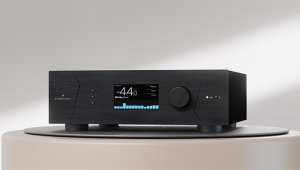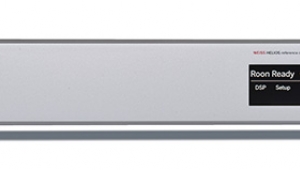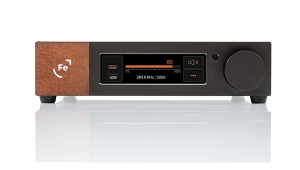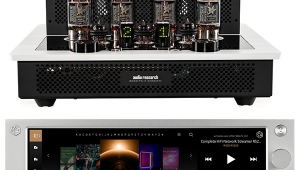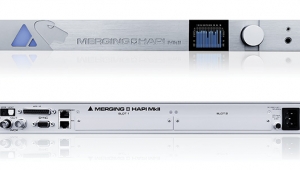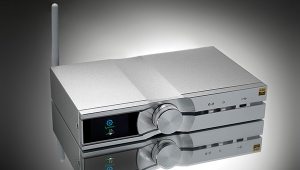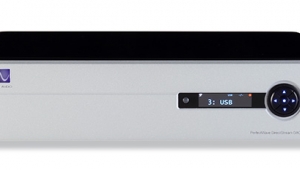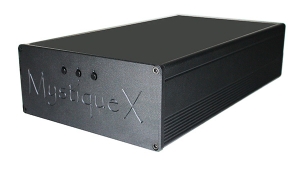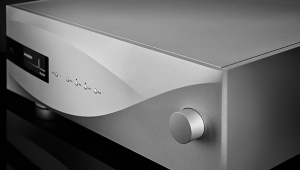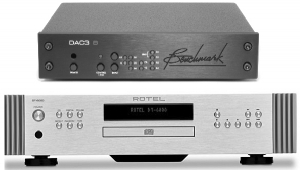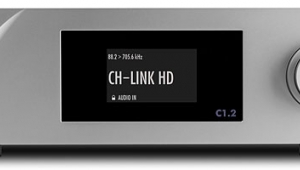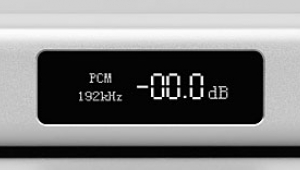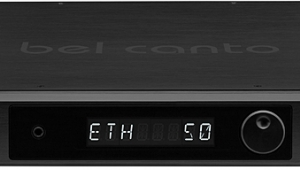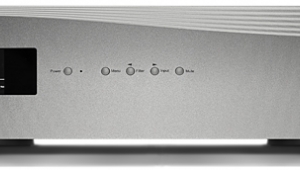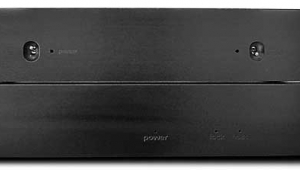| Columns Retired Columns & Blogs |
Hi There,
You mentioned in your review that only a few DACs use USB asynchronous mode and mentioned those that you thought did. but you forgot to mention the HRT MS product which also works in asynch USB mode and at a price very similar to the Halide design reviewed here.
It was reviewed by Stereophile in Nov 2009 with positive results...
Would be good to see your opinion of how these compare to each other...


